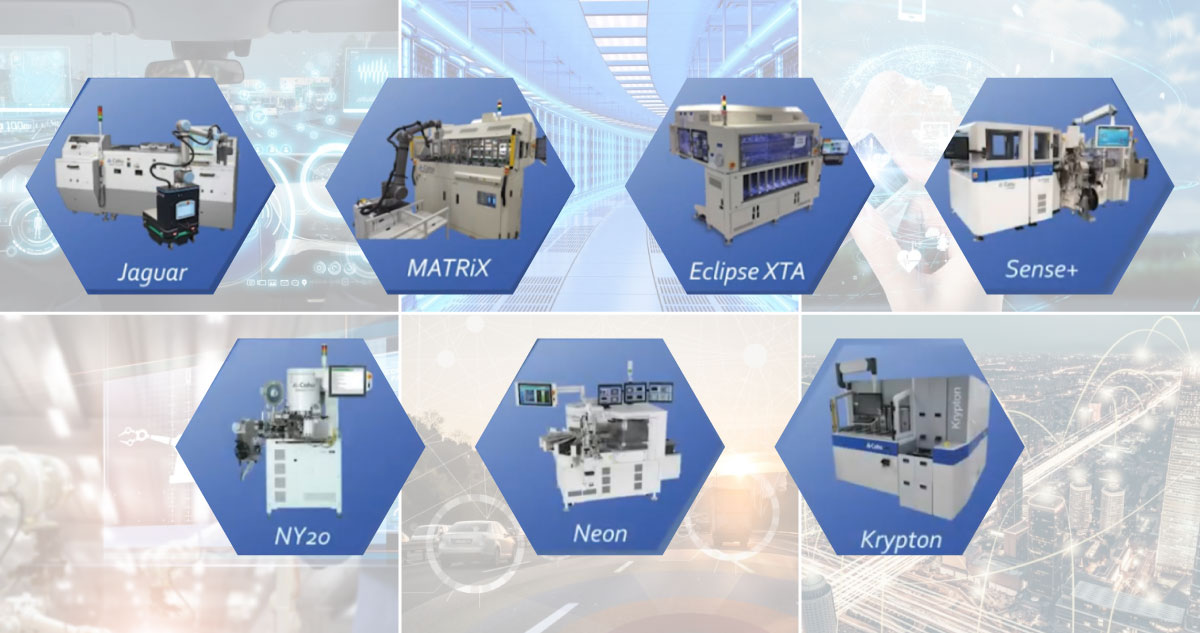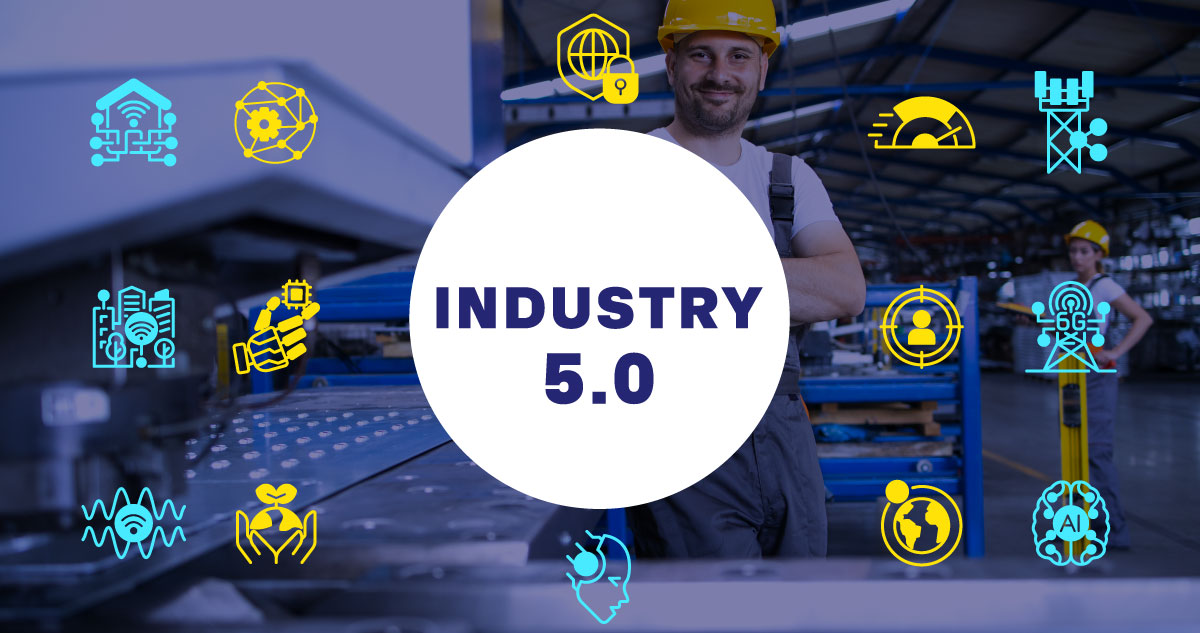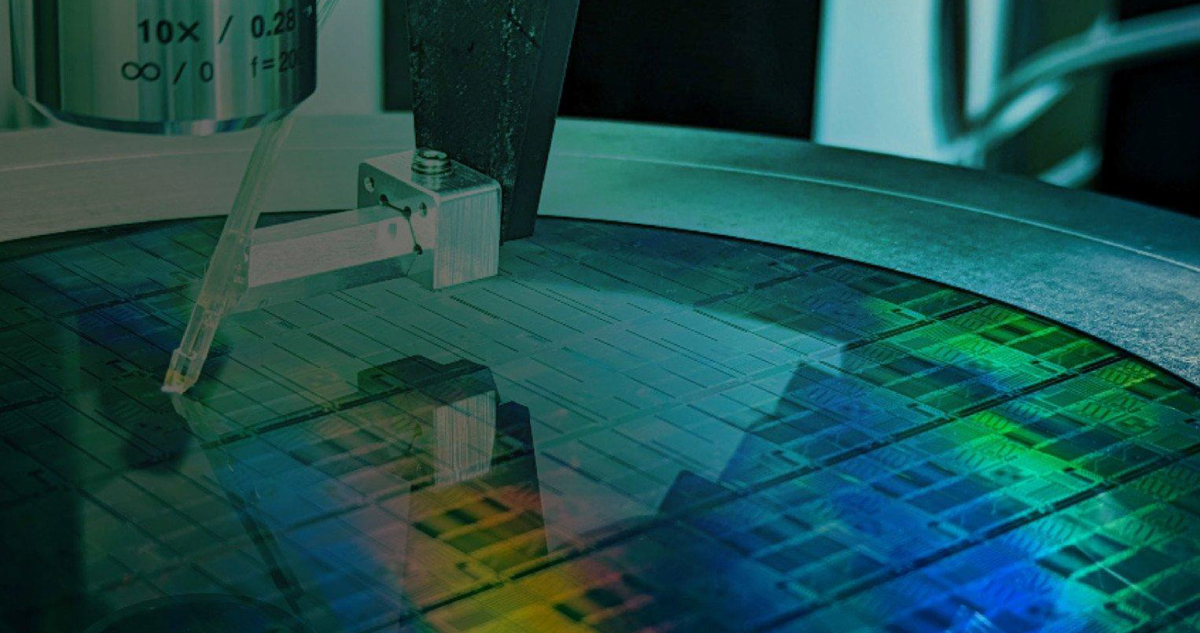
The shift to Electric Vehicles (EVs) is happening world-wide, more rapidly in India today. The purchasing power of India’s burgeoning middle class is increasing, and more people are investing in vehicles. With the increasing cost of fossil-fuels in India, the need for EVs is acute here. However, the scarcity of lithium reserves made the Indian market dependent on other countries to charge the EVs, especially China which has control over 80% of the world’s lithium reserves. The ‘Atmanirbhar Bharat’ resolve of the government is pushing research on alternate means of charging EVs. The world is moving away from China in the wake of the COVID pandemic and is looking at India as a global manufacturing hub for EVs, riding on the already existing ecosystem of vehicle manufacture here.
Why EVs?
The major advantage of any EV is the ability to regenerate power, which is very useful in any urban environment which involves frequent braking and acceleration. With fewer moving parts EVs need less maintenance and lower operational costs. With no gears, combustion and mechanical drivetrains they are more convenient to operate. Home charging along with government incentives to EV owners such as Income Tax Deduction claim up to INR 150000 make purchasing an EV a wise decision. Besides, zero emission ensures minimal adverse impact on our health. Already, the number of EVs sold has witnessed quantum jumps, year-on-year since 2016.

Source: CEEW-India’s-EV-Transition-Post-COVID-19-22Dec20
The Charging Technology
Economic alternatives to the Li-ion charging have been developed and are ready for commercial use, such as Sodium-ion charging or Aluminium-air technology with abundant reserves available in India. With an impressive cost of manufacture in India, many multinational companies have either started or tied up with Indian companies to manufacture this alternative. Many automobile majors in India have already entered into agreements for use of these alternative charging mechanisms.
Incentivising the manufacture of EVs
In a healthy ecosystem, each state in India is wooing investment in the EV sector with various incentives. The world’s largest Electric Scooter manufacturing facility, OLA. is coming up in Tamil Nadu, and another Electric Scooter brand, Ather, has already started manufacturing here. Major heavy vehicle manufacturers (buses and lorries) are betting big with many state governments shifting their public transport to EVs already.
EV manufacturers, Tata Motors and Mahindra have tied up with an Aluminium-air charger manufacturer to power their EVs. The world’s largest manufacturer of Sodium-ion technology, Faradion, has set up base in India and should start production soon to offer an economic alternative to charge EVs. Major vehicle brands in India – Tata Motors, Hyundai, MG and Mahindra are already offering a line of EVs, and other brands will follow suit. With the expected entirety of vehicle manufacture in India shifting to EVs, the price of EVs will also be attractive as an alternative to fossil-fuelled vehicles. The abundant availability of chargers will make the charging process easy and smooth.
The Infrastructure to Support
The roadmap to EVs as a viable alternative depends on the charging infrastructure available.
“The government is pushing deployment of EV charging stations by providing capital subsidy through Faster Adoption and Manufacturing of Electric Vehicles in India (FAME) India Scheme Phase II and state level initiatives. Further, the government has delicensed the activity of setting up EV charging stations to increase private sector investments and facilitate market adoption” – Bureau of Energy Efficiency, Government of India, Ministry of Power (https://beeindia.gov.in/content/e-mobility).
Under Phase I of FAME India Scheme, 970 charging stations have been installed, and 2877 more EV charging stations across 25 States/UTs have been sanctioned under Phase II. In a big push for the EV sector, the government shared plans to set up at least one EV charging kiosk at each of the 69000 petrol pumps across the country.
No wonder that the Indian Electric Vehicle Market is poised for growth, and many EVs (cars, scooters, 3-wheeled autos, and heavy vehicles such as lorries and buses – many state bus fleets have already completely shifted to EVs) are already on the roads today. Although the sales figures till today leave much scope for growth, the traction the industry is observing today promises phenomenal growth in the coming years.
Some EV manufacturers who are or maybe making EVs in India:

MELSS provides many electric vehicle test solutions, and has been keeping pace with the fast technology changes in the EV charging space, and brings you an exhaustive range of testing machines from Chroma ATE to test the chargers of EVs. We offer solutions catering to various standards, from AC/DC/CHAdeMO to CCS.
For more, please visit: https://www.melss.com/latest/assembly-test/electric-vehicle-test-solution/




